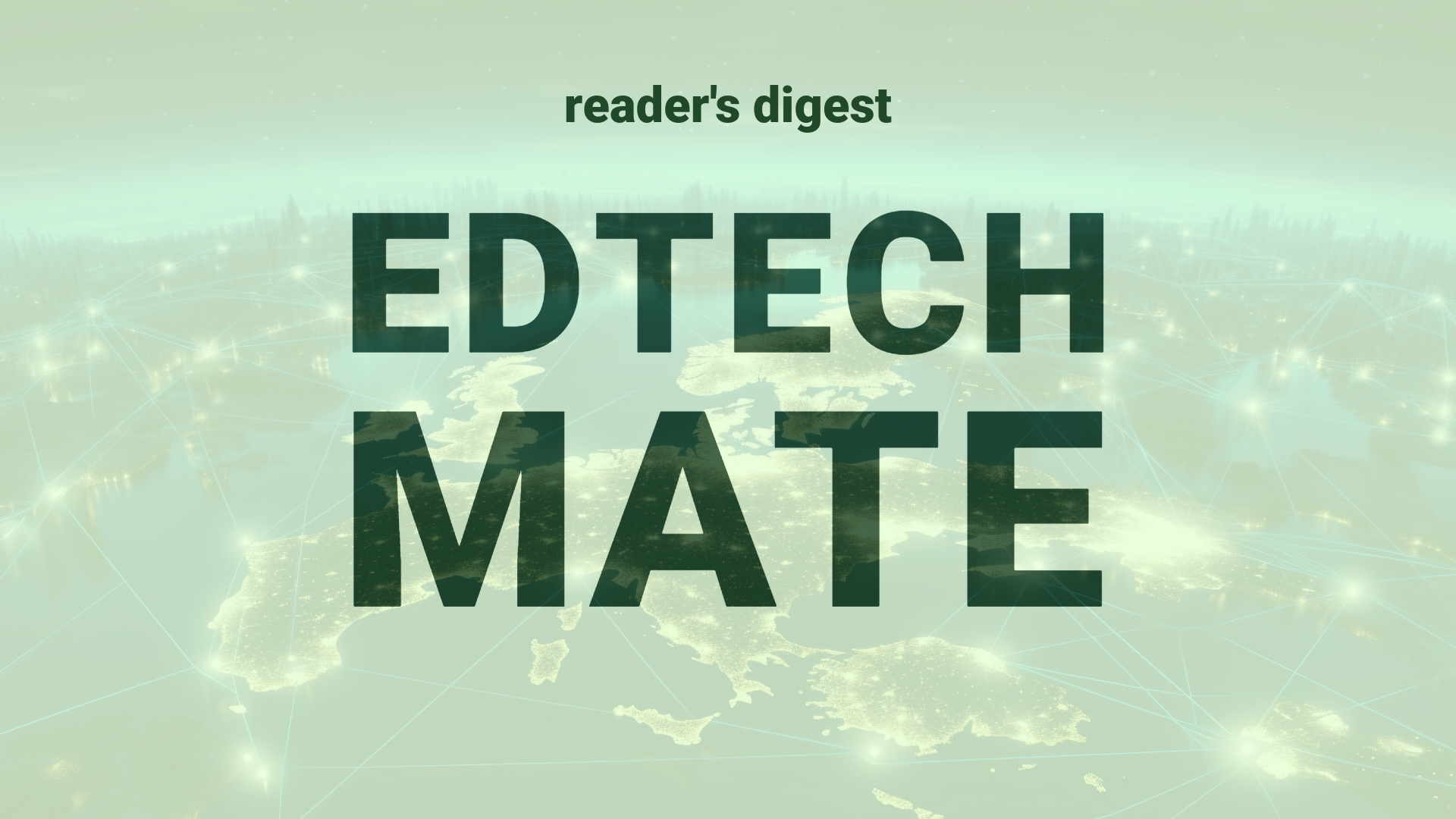Executive Summary and Main Points
In Davos 2020, Prof Dr Muhammad Mukhtar highlighted the ‘Reskilling Revolution,’ emphasizing the need for systemic education reform to address the demands of the Industrial Revolution 4.0. With technological advancements rapidly altering job markets, traditional roles face obsolescence, necessitating upskilling and reskilling. This initiative aims to prepare one billion individuals globally by 2030, with strategic partners including Pakistan, India, Oman, Russia, and UAE. The program outlined at Davos includes the ‘Closing the Skills Gap Accelerator’ with focus on National Level Action, a global learning network led by Singapore, and the creation of a skills gap playbook by government and private stakeholders.
Potential Impact in the Education Sector
These developments portend significant transformation in Further Education and Higher Education, with a concerted push towards curricula responsive to future job markets. Micro-credentials will also gain prominence, aligning educational attainments with industry-centric competencies. Strategic partnerships between governments and private entities, akin to Oman’s action plan and UAE’s financial backing, are pivotal. This initiative could engender a curriculum renaissance aimed at digital competence and emergent skill sets.
Potential Applicability in the Education Sector
The ‘Reskilling Revolution’ heralds innovative applications, particularly AI-driven adaptive learning platforms, predictive analytics to identify skills gaps, and digitally-enabled upskilling tools. Global education systems could leverage these technologies to create custom learning pathways, robust online professional development, and virtual reality simulations for immersive training experiences.
Criticism and Potential Shortfalls
Despite the initiative’s potential, it may encounter obstacles such as unequal access to technology, differing national education policies, and resistance to change from established educational institutions. Cultural and ethical considerations, for example, data privacy and AI biases, also require careful navigation. Comparative case studies, like Singapore’s successful implementation versus struggling regions, could provide valuable insights for mitigating these challenges.
Actionable Recommendations
International education leaders can drive forward by integrating flexible digital tools into curriculum development and employing AI to personalize learning. Building global partnerships and exchanging best practices are crucial, as evidenced by Singapore’s role as a benchmark. Furthermore, investing in the local upskilling of educators and staff to adeptly navigate these technologies could lay the groundwork for an adaptable international higher education ecosystem
Source article: https://www.technologytimes.pk/2020/01/27/prof-dr-muhammad-mukhtar-recognizes-reskilling-revolution-davos-2020/

